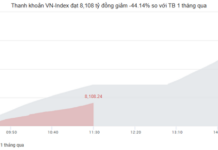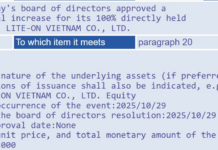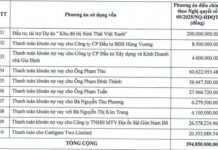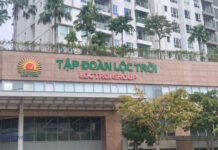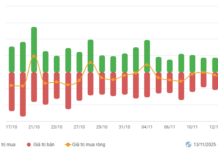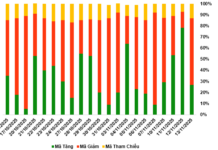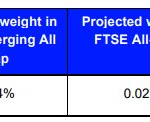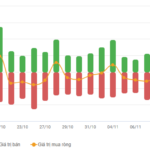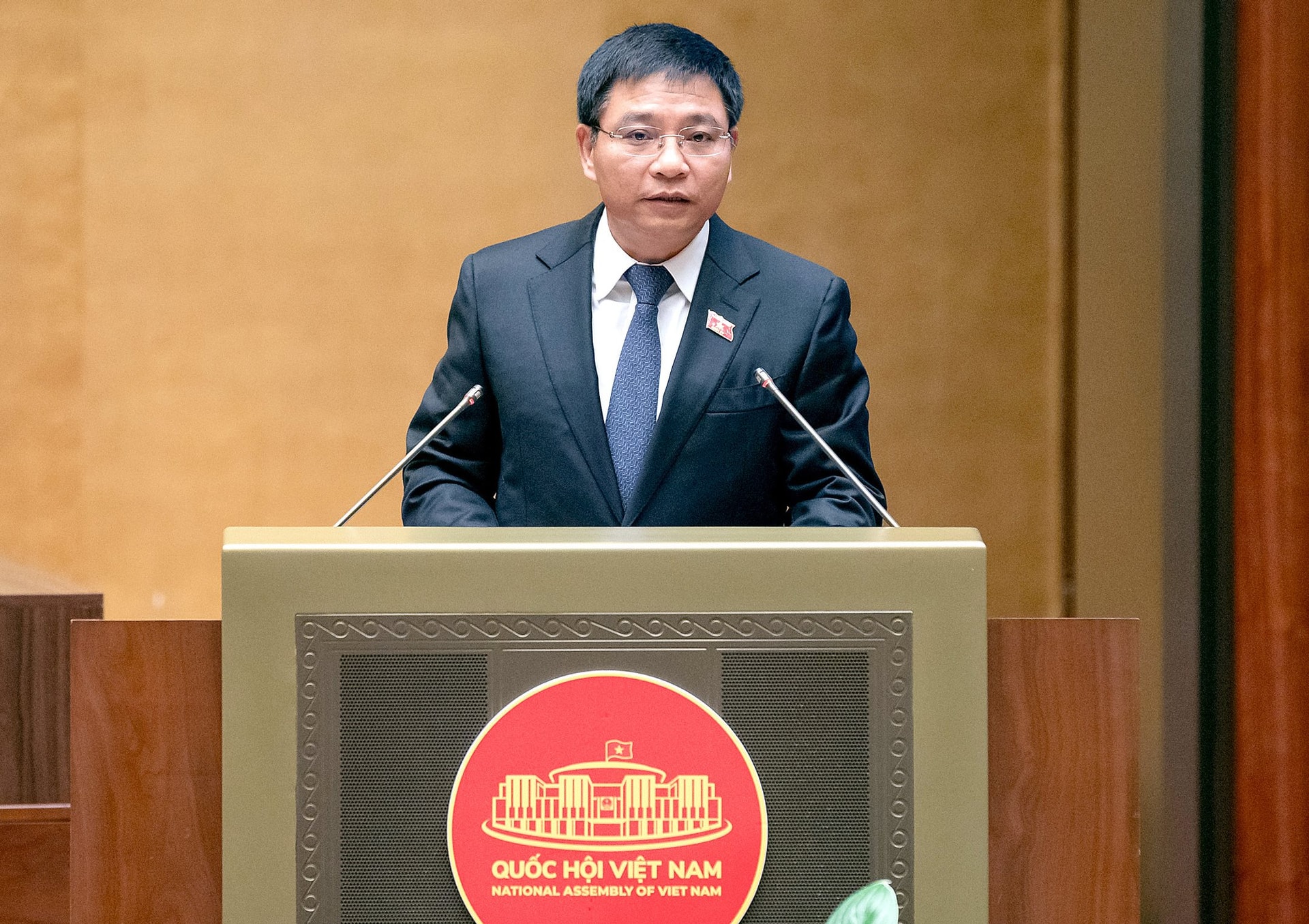
Minister of Finance Nguyen Van Thang – Photo: National Assembly
On the morning of November 11th, authorized by the Prime Minister, Minister of Finance Nguyen Van Thang presented the draft amended Investment Law to the National Assembly. The revision aims to remove obstacles, simplify investment and business procedures, and create a more favorable environment for businesses and citizens.
The core of the draft is the proposal to cut 25 conditional business sectors. Consequently, enterprises operating in these fields will no longer need business licenses. This list includes notable sectors such as accounting services, tax procedures, rice exports, temporary import-re-export of frozen food, and labor leasing services.
Explaining the proposal, Minister Nguyen Van Thang stated that the 2020 Investment Law requires licenses for 234 sectors. However, upon review, the government found that many of these sectors can be effectively managed through output standards and technical regulations. Therefore, shifting 25 sectors to a post-inspection mechanism is expected to reduce market entry barriers and free up resources for businesses.
In addition to reducing business conditions, the draft law proposes other significant changes. Notably, it plans to eliminate the approval procedure for overseas investment projects under 20 billion VND; such projects may only need to register foreign exchange transactions with the State Bank. Projects over 20 billion VND or in conditional sectors will still require investment registration certificates.
The government also aims to narrow the scope of domestic investment projects requiring approval. According to the proposal, this regulation will focus on infrastructure projects in critical sectors like seaports, airports, telecommunications, or projects with significant environmental, defense, or security impacts. Proposed exemptions include projects for industrial park infrastructure, mineral exploitation (except offshore), and housing construction.
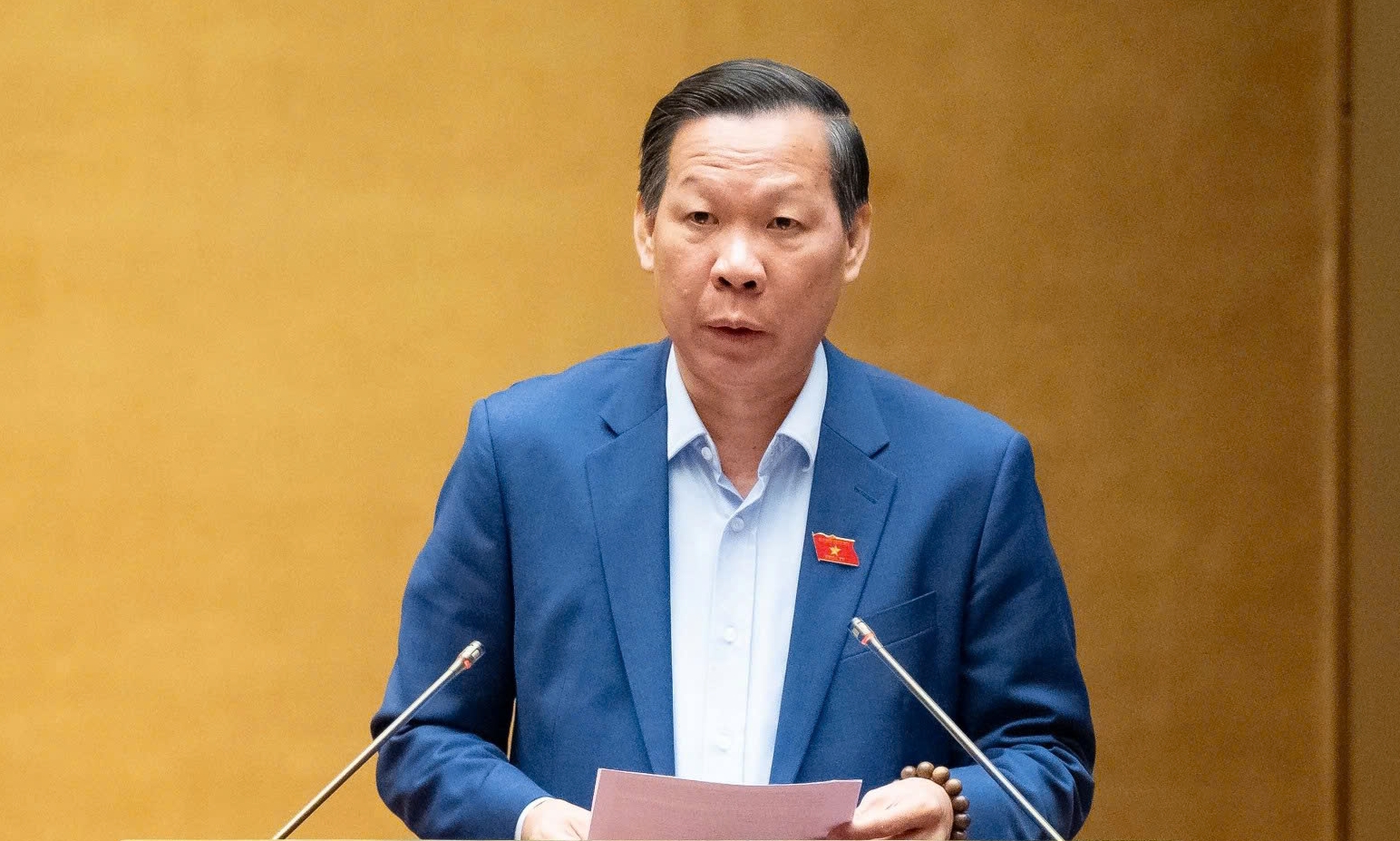
Chairman of the Economic and Financial Committee Phan Van Mai
Reviewing the draft, the Economic and Financial Committee, represented by Chairman Phan Van Mai, urged the government to further review and substantially reduce investment and business conditions. The committee emphasized retaining only conditions essential for national defense, security, public order, morality, and health.
Regarding the elimination of overseas investment approval procedures, the committee agreed but advised the government to add notification or registration mechanisms, avoiding approval requirements, to facilitate reconciliation and post-inspection. Additionally, foreign exchange management regulations should be improved to ensure interconnected databases for monitoring capital transfers abroad.
According to the schedule, the amended Investment Law will be discussed in the National Assembly on November 27th and is expected to be voted on December 11th.
List of 25 conditional business sectors proposed for license reduction:
| Group | Sector |
| Finance – Accounting | Forensic expertise in finance, banking, construction, antiquities, artifacts, and copyright |
| Accounting services | |
| Tax procedure services | |
| Agriculture, Forestry, Fisheries | Rice exports |
| Temporary import-re-export of frozen food | |
| Breeding/cultivating wild flora and fauna under CITES and endangered species lists | |
| Breeding forest animals | |
| Export-import of wild specimens under CITES and endangered species lists | |
| Export-import of bred/cultivated specimens under CITES and endangered species lists | |
| Processing, trading, transporting, advertising, displaying, storing specimens under CITES and endangered species lists | |
| Trading food under the Ministry of Agriculture and Environment’s management | |
| Animal quarantine services | |
| Construction, Transportation | Vehicle maintenance services |
| New construction, repair, restoration of inland waterway vessels | |
| New construction, repair of seagoing vessels | |
| Construction investment project management consulting | |
| Construction by foreign contractors | |
| Technology, Land | IT infrastructure and land information software construction |
| Land database construction | |
| Data center services | |
| Culture, Society, Health | Labor leasing services |
| Study abroad consulting | |
| Cosmetic surgery services | |
| Art performance, fashion show, beauty contest organization | |
| Crematorium management and operation |
Elevating Data Recovery and Protection Standards in Vietnam with FSI DDS
In the digital age, data has transcended being merely an asset—it has become the lifeblood of organizations and individuals alike. As digital transformation accelerates, Vietnamese users and businesses are increasingly prioritizing information security, proactively investing in robust solutions for data protection, storage, and recovery.
SGI Capital: High Margins, Currency Pressure, and Premium Valuations Pose Hidden Risks
SGI reports that the recent surge in deposit and lending interest rates is beginning to impact both cash flow and investor sentiment within the domestic market, leading to a noticeable decline in purchasing demand.
Great News on Wages for Millions of Workers Starting Next Year
The government has mandated an increase in the regional minimum wage, ranging from 250,000 to 350,000 VND per month, effective January 1, 2026.





